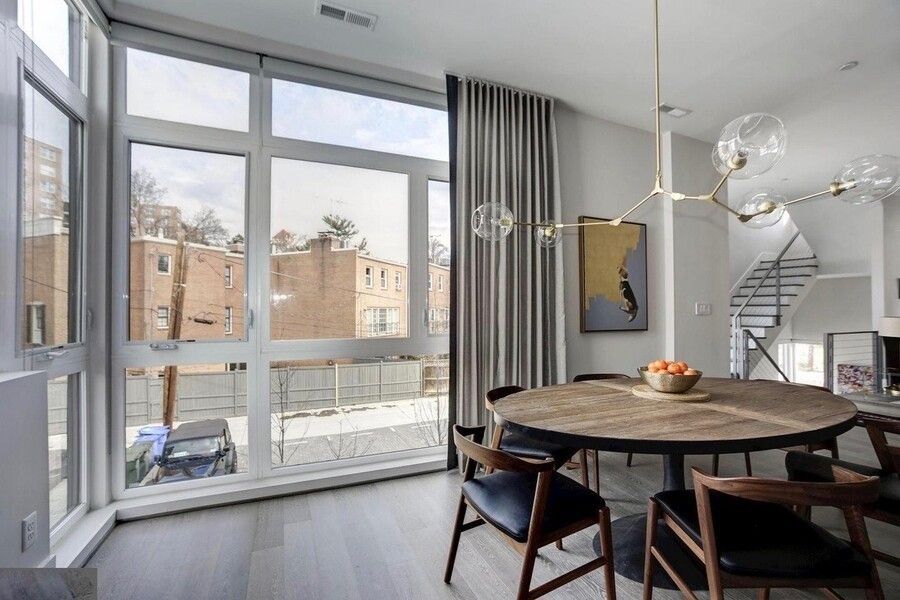Why Residents Really Move Out (and How to Keep Your Best Ones Longer)
Nest DC
The most common causes of turnover — and what smart property owners and managers can do to boost retention.
If you’ve ever lost a great resident, you know it stings. They paid rent on time. Took great care of the space. Maybe even brought your property manager cookies. So why’d they move out?
Sometimes, life just happens. But in many cases, residents leave because of issues that could have been addressed — or better yet, prevented.
And when you consider the true cost of resident turnover (lost rent, cleaning and repairs, leasing fees, vacancy stress…), it’s clear: improving resident retention isn’t just a nice-to-have. It’s a strategy worth investing in.
Here are the top reasons residents move out — and how you can help them stay longer, happier.

1. Maintenance Delays and Communication Gaps
When something breaks, most residents aren’t expecting instant magic. But they are expecting a timely response. When maintenance issues pile up or get stuck in limbo, trust starts to break down — and that’s hard to rebuild.
How to retain residents better:
- Offer clear ways to submit and track requests
- Communicate often — even just to say “we’re waiting on a part”
- Invest in preventative maintenance to stay ahead of problems
2. Feeling Unheard or Ignored
Sometimes it’s not about the issue itself, but how it’s handled. When residents don’t feel seen or taken seriously, they’re more likely to disengage — or start looking for a new place that does feel responsive.
Small shifts that make a big difference:
- Reply to all inquiries promptly (even if you don’t have the full answer yet)
- Follow through on promises, every time
- Ask for feedback and act on it — visibly
3. Rent Increases Without Added Value
Rent hikes aren’t unusual — but they need context. A sudden increase with no communication (or improvement) can feel like a breach of trust, especially for long-time residents.
Smart rent strategy:
- Provide plenty of notice, with a clear explanation
- Pair increases with upgrades — even small ones count
- Understand your market: retention might save you more than a hike earns
4. Life Transitions You Can’t Prevent (But Can Plan For)
People move for all kinds of reasons: jobs, relationships, growing families. You can’t stop those changes — but with the right approach, you can sometimes retain them within your portfolio or soften the impact of their move-out.
How to stay a step ahead:
- Build relationships so residents feel safe sharing future plans
- Keep track of upcoming life-stage shifts (graduations, promotions, etc.)
- Offer options: flexible lease terms, transfers to other properties, etc.
5. A Lack of Connection or Belonging
This is the quiet one — but it matters. If a home never feels personal, if communication is cold or generic, or if the common spaces feel unloved… residents may not stay long, even if “nothing was wrong.”
Retention through relationships:
- Personalize the experience: names, notes, small gestures
- Treat residents like people, not transactions
- Keep shared spaces clean, functional, and community-friendly
Resident Retention Is Built, Not Bought
The best retention strategies aren’t flashy. They’re consistent, thoughtful, and deeply human. When residents feel cared for and respected, they’re more likely to stick around — and that’s good for your bottom line, your reputation, and your peace of mind.
Want help designing a resident experience that actually works? Let’s talk about what real retention looks like.










